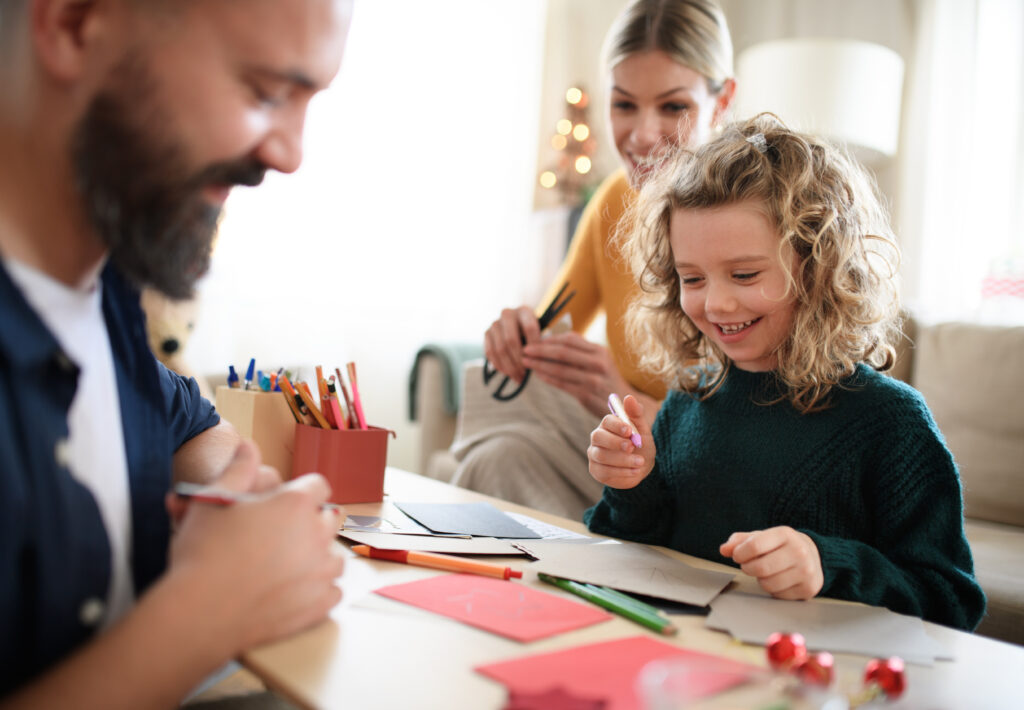Why Mistakes Matter in 2025: Natural Consequences & Learning Through Experience:

Parents in 2025 are embracing a powerful shift in how children learn: instead of protecting kids from every frustration or mistake, they’re allowing them to experience the natural outcomes of their choices in safe, supportive environments.
Mistakes: Whether it’s forgetting a homework assignment, spilling water after rushing, or losing a turn in a game for not following rules, these everyday experiences become learning opportunities. Children gain resilience not by avoiding challenges, but by facing them and trying again.
Why Learning Through Experience Matters
Research supports what parents intuitively know—children thrive when they are allowed to learn through natural consequences. A 2025 study examining parenting practices and children’s temperament found that how parents respond to their child’s behavior directly shapes academic and behavioral outcomes. Children with more challenging temperaments benefited when parents allowed them to navigate small struggles, instead of over-controlling the situation (Zhou et al., 2025). These experiences help kids develop independence and adaptability, essential skills for both school and life.
Similarly, a 2024 review of adolescents’ learning behaviors highlighted that fear of failure can lead to procrastination and avoidance—but when setbacks are reframed as opportunities, students develop persistence, problem-solving skills, and resilience (Wang & Li, 2024). This demonstrates the importance of a mindset shift: mistakes are not failures, they are stepping stones to growth.
How Langmobile Practices Learning Through Mistakes
At Langmobile, this philosophy is central to everything we do. When a child mispronounces a word in English or struggles with a new game at camp, we don’t rush to correct or shield them. Instead, we encourage them to try again, learn from the attempt, and celebrate progress. By normalizing mistakes, we provide a safe space for children to practice resilience. Over-correcting or stepping in too quickly can unintentionally rob kids of these vital lessons. In fact, a 2021 study found that when parents were overly engaged and tried to manage every detail of their child’s learning, children developed poorer self-regulation skills (Coffman et al., 2021). Allowing children to experience manageable challenges is key to helping them grow.
The Long-Term Impact of Natural Consequences
Small opportunities to stumble and recover have lasting benefits. A major meta-analysis of childhood self-regulation found that children who had more chances to manage frustration, learn from mistakes, and persist through challenges were more likely to succeed academically, socially, and emotionally later in life (Robson et al., 2020). Each “oops” moment in childhood—when handled with patience and guidance—builds a foundation for lifelong success.
This approach is not about stepping back completely. It’s about creating environments where natural consequences teach lessons, but children still feel safe, supported, and encouraged. Parents and educators provide boundaries to ensure the stakes are never too high, then allow children to experience the outcomes. For example, if a child forgets their lunch, instead of rushing to fix it immediately, parents might let them feel the minor discomfort and then brainstorm together how to prevent it next time. It’s a lesson in responsibility, not punishment.
Practical Ways to Support Learning Through Mistakes
At Langmobile, we see the ripple effect every summer. Children try, stumble, laugh, and try again. They learn that it’s okay to mispronounce a word or make a mistake in a game. By encouraging natural consequences in safe, supportive settings, we help children develop:
- Resilience: They learn to bounce back after a setback.
- Independence: They see that their choices have real outcomes.
- Confidence: They realize that mistakes are part of learning and growth.
Simple steps at home or in school can reinforce this approach:
- Encourage children to complete small tasks on their own, even if mistakes are likely.
- Celebrate the effort, not just the outcome: “You tried again and improved!”
- Guide reflection after errors: “What did you notice? What can you try next time?”
Mistakes aren’t failures—they’re stepping stones. And when parents, teachers, and communities embrace this truth, children don’t just learn better—they thrive.
References
- Coffman, J. L., Forehand, R., & Parent, J. (2021). Learning to let go: Parental over-engagement predicts poorer self-regulation in kindergartners. Journal of Family Psychology, 35(4), 536–545. Link
- Robson, D. A., Allen, M. S., & Howard, S. J. (2020). Self-regulation in childhood as a predictor of future outcomes: A meta-analytic review. Psychological Bulletin, 146(4), 324–354. Link
- Wang, Y., & Li, X. (2024). Ineffective learning behaviors and their psychological mechanisms among adolescents in online learning: A narrative review. Behavioral Sciences, 14(6), 477. Link
- Zhou, N., et al. (2025). Examining the relationships between parenting practices, children’s temperament, and academic and behavioural outcomes in lower-income families. Behavioral Sciences, 15(6), 786. Link
🌟 For more engaging learning ideas, visit our blog weekly! We share creative activities, language tips, and more to make learning exciting. Stay connected with the latest posts on the Langmobile blog! And don’t forget to check out awesome songs on our Apple Music, YouTube, and Spotify pages to help with your language learning!

